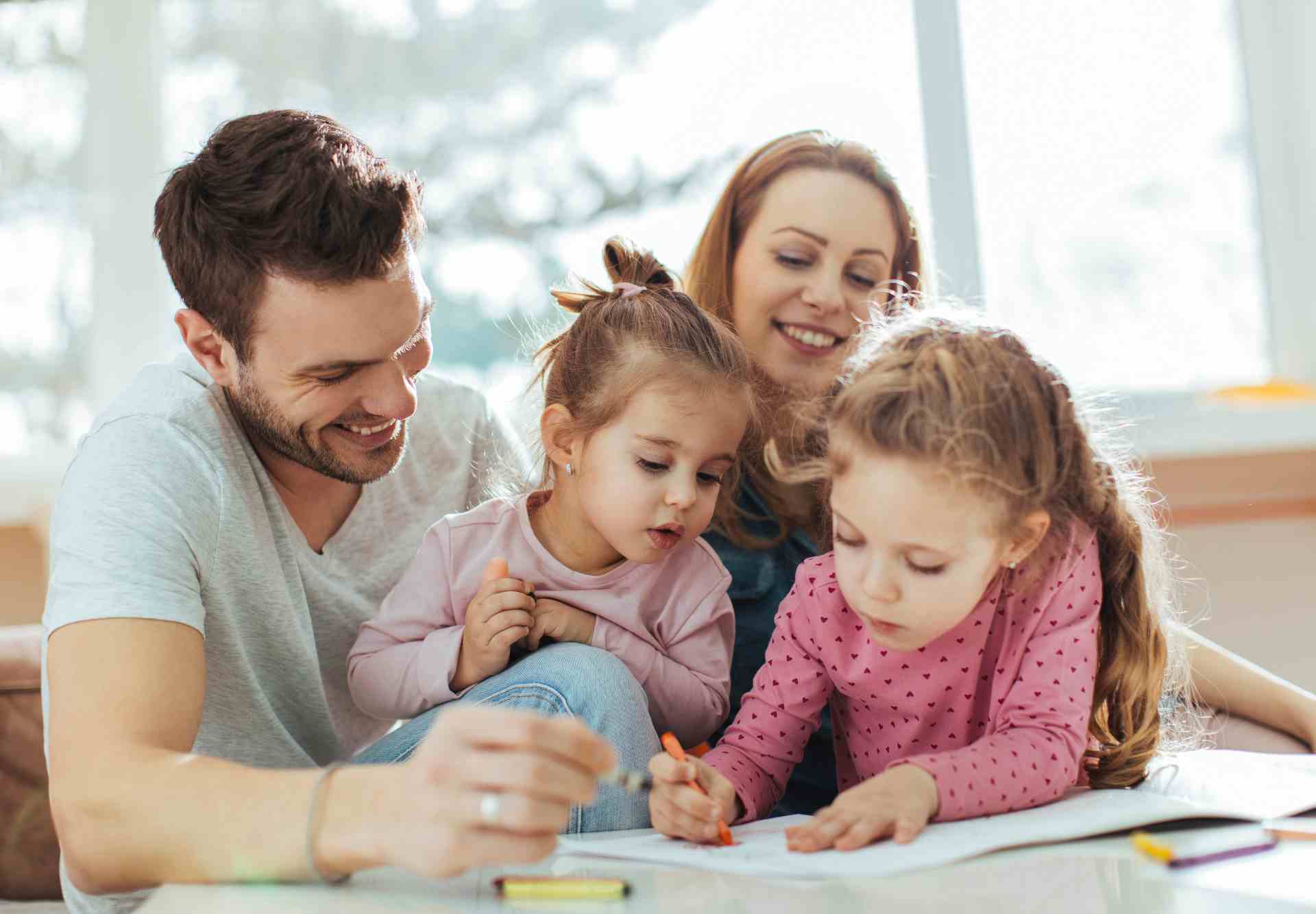No one is unaware that the economy is struggling at the moment. Costs have risen at an alarming rate of inflation. Costs at the grocery store have risen dramatically. The cost of gasoline has skyrocketed recently. Families who have children are more likely to get kicked out of their homes due to the whole crisis.
Rising prices have made it difficult for many households to make ends meet. It’s a harsh reality for some households that they must choose between paying the rent or buying food.

*Image source: Unsplash/Pixelbay/Pexels
Children and families, especially those with children younger than 4 years old, may be at risk for ill health and hunger, according to a groundbreaking new study published in Pediatrics on September 19, 2022.
Those households also tend to have children who are regularly admitted to hospitals through emergency departments.

Mothers who have been evicted are also more likely to report feeling depressed. The growing cost of living makes it much more difficult to afford to stay in your home, compounding the effects of the eviction.
The study’s authors concluded that improving access to health care and other community resources, as well as reforming eviction regulations, are essential for mitigating adverse health effects.
Families with children are disproportionately affected by the eviction.

Almost 2 million American families are forced to relocate every year. Children and their families are particularly vulnerable. According to a study, the incidence rate rises with each subsequent kid.
Researchers in Baltimore, Boston, Little Rock, Philadelphia, and Minneapolis asked almost 26,000 caregivers questions for the study. Only 3.9% said they hadn’t lived in their current residence for at least the preceding five years due to an eviction.

Of those who were evicted, 57% were subjected to a judicial eviction, while 43% were evicted in an informal manner, which is rarely accounted for in studies of eviction.
Unfortunately, these kids had a higher risk of negative outcomes than kids in the general population. Consequences include deteriorating health, delayed child development, homelessness, hunger, and inadequate medical care and child care.
Eviction During and After a Pandemic

To slow the spread of the COVID-19 epidemic and help impoverished families get by during the government shutdown, the Centers for Disease Control and Prevention (CDC) issued a moratorium on evictions.
As the pandemic progressed, the CDC thought the moratorium would encourage more people to become immunized. According to a report published by Princeton University’s Eviction Lab, the number of evictions dropped by 50 percent under the moratoriums, averting 1.36 million cases.

Evictions, however, spiked after the moratorium’s conclusion on August 26, 2021. Research fellow at Eviction Lab Peter Hepburn told The New Republic that evictions have “exceeded 100 percent of the historical average” in some areas.
What Can Be Done to Prevent Health Problems Caused by Eviction
Eviction is a big health and stress event for both caregivers and children, as well as a huge life change. As the data shows, families with children are more likely to be evicted.

*Image source: Pexels/Pixelbay/Unsplash
Overcrowding, homelessness, a lack of social support, a disturbance of daily routines, and other issues are all linked to a decline in family health that can be exacerbated by an eviction. After being evicted, some families may be forced to relocate to areas with a dearth of healthcare resources and potentially dangerous environmental conditions. These elements are all linked to unfavorable health consequences.

The stress of being uprooted can take a mental toll on kids. The first few years of a child’s life are formative years for their brain and body. It was shown that young children whose families had been evicted during the previous five years were 43% more likely to be in poor health, 55% more at risk for developmental delays, and 24% more likely to be sick enough when seen in the emergency room to be admitted to the hospital.

Those who have cared for a child or children and have been evicted in the past five years are nearly twice as likely to be in fair or poor health and nearly three times as likely to express depressive symptoms as those who have not been evicted.
Following an eviction, families have more than a fivefold increased risk of being homeless throughout the lifetime of their children, according to the study. Child food insecurity, the most severe form of food insecurity among families, was also shown to be three times as common among evicted families as it was among non-displacement households.

A recent study published in Pediatrics found that eviction puts families with young children in danger of losing more than just their home. The rising cost of living and inflation is making an already difficult position even worse. In the event that you are in danger of being evicted or are having trouble paying your rent, assistance is at hand.
Meaningful articles you might like: What the Student Loan Forgiveness Plan of Means for Your Family, How to Save Money on Homeschooling, Is It OK to Bring Up the Subject Money Troubles with Your Children?

